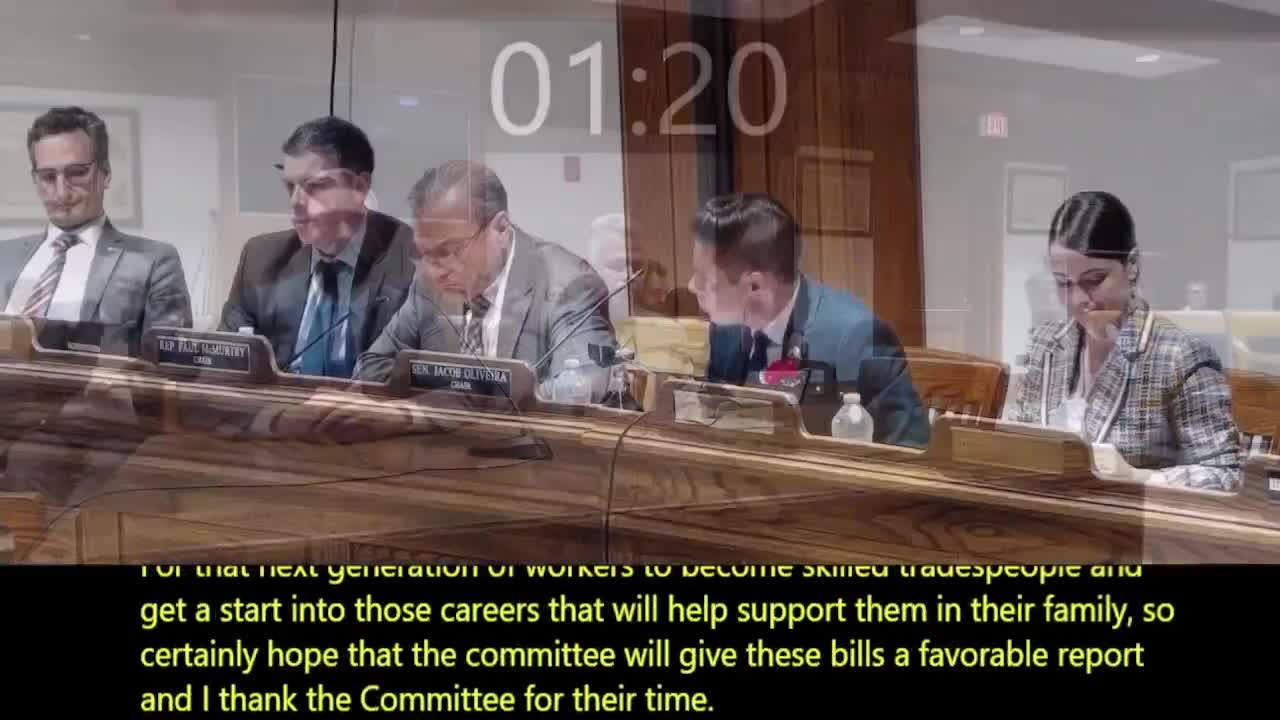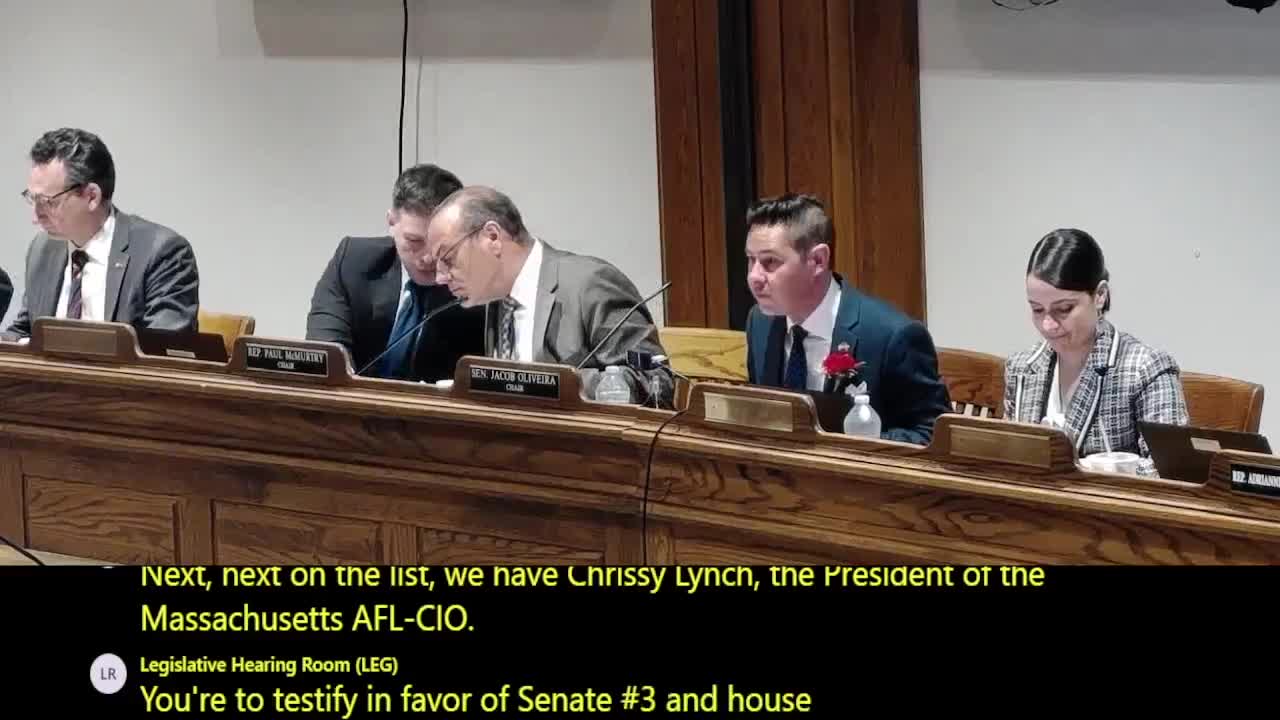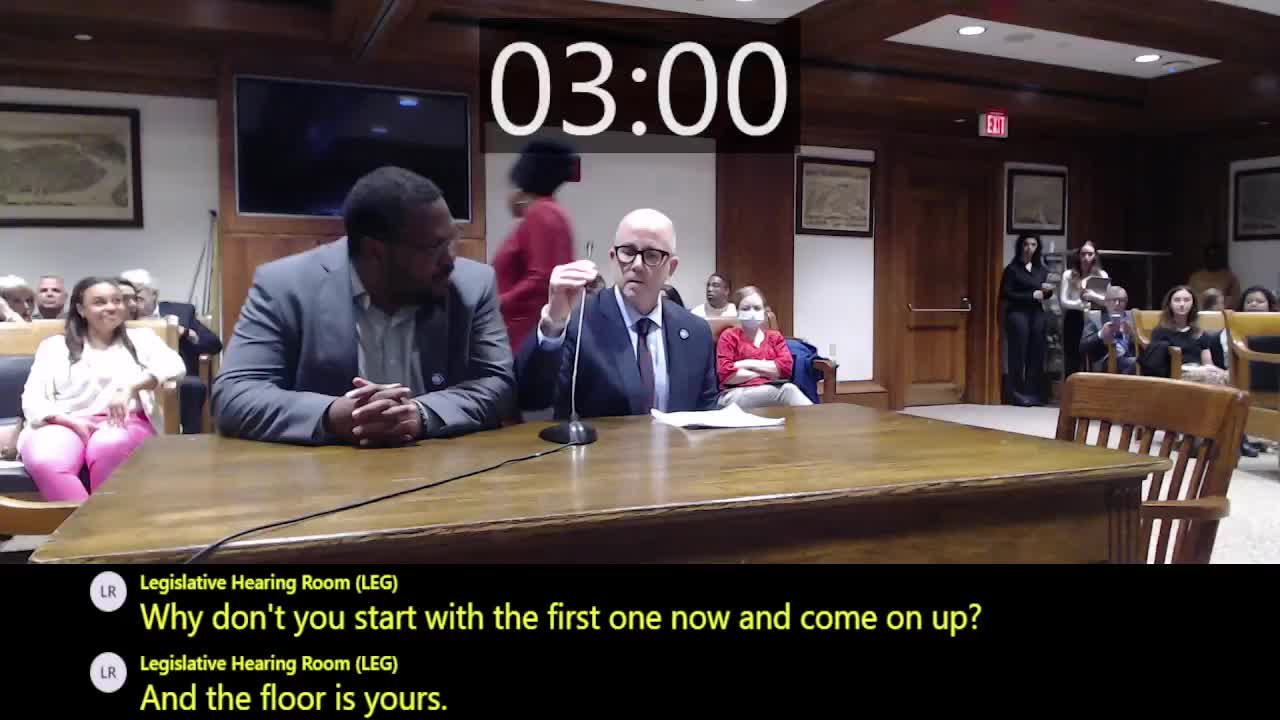Article not found
This article is no longer available. But don't worry—we've gathered other articles that discuss the same topic.

Workforce association backs bill to share unemployment wage data with local workforce system

Senator pitches voluntary four‑day workweek pilot, citing productivity and wellbeing studies

Supporters tell committee paid prenatal leave would improve access to essential prenatal care

Building trades back bill to require apprentices on public construction projects

